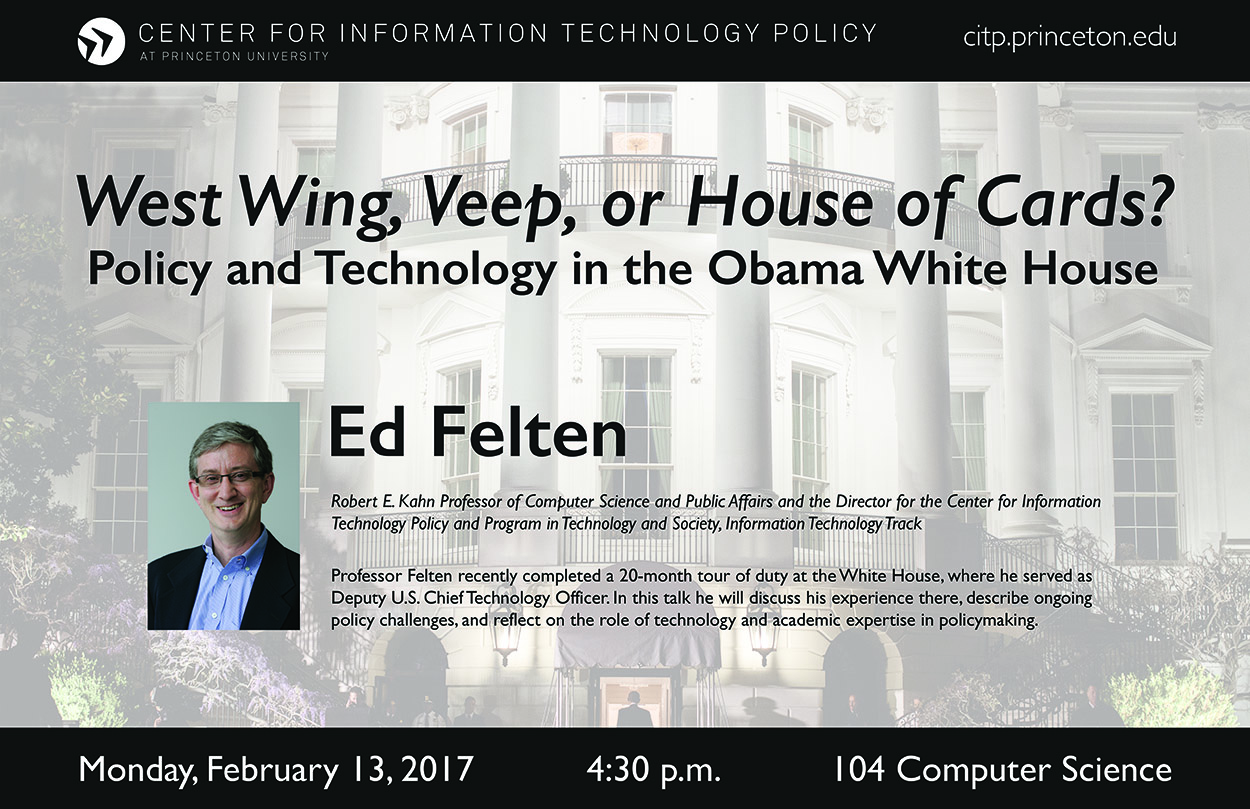CITP Luncheon Speaker Series: Guy Grossman – The Role of Networks in Explaining Uptake of ICT for Political Communication
Sherrerd Hall, 3rd floor open space Princeton, NJ, United StatesInformation communication technology (ICT) is an increasingly common form of political communication in the developing world. Adoption of ICT for contacting public officials at both the individual and community level varies considerably, however, and adoption rates are often much lower than expected. What explains why some individuals and communities are more likely to adopt ICT for political communication than others? In this paper, we investigate this question by conducting a network mapping exercise in 16 Ugandan villages in which a new ICT platform — U-Bridge — was rolled out in 2014. Half of the villages exhibited high uptake and half exhibited low uptake. We find that networks play an important role in explaining uptake at the individual and village level. At the individual level, one’s network position in the village matters. Individuals that have many connections and that are connected to many adopters are more likely to adopt. At the village level, villages where networks have more highly connected members (higher average degree) tend to display wider uptake, because individuals are more likely to be exposed to potential adopters. We further discuss the policy implications of these findings.



